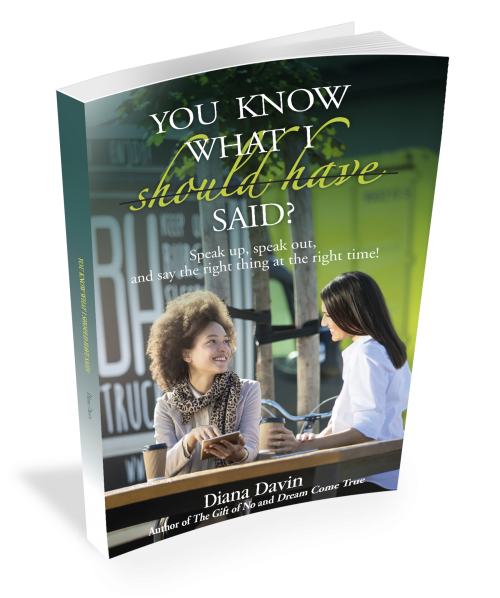Excerpt from Dream Come True: How Love, Gratitude, and Simplicity
Can Bring Your Beautiful Dream to Life!
You know that feeling you get around someone who’s positive all the time—no matter what’s happening? That eyerolling “oh please” you just can’t hold back? It’s because it’s not possible to be totally positive all the time. We just can’t take someone seriously when they wish us a happy first day of Spring or they won’t admit that getting fired is NOT “the best thing that could ever happen to you!”
Inside we know: pretending everything is great when it is so not or that something doesn’t bother us when it so does isn’t living happy, healthy, and sane. That stuff we keep sweeping under the rug just turns into a giant lump we trip over every time we try to cross the room.
And that’s a good thing because denying bad feelings is denying a part of us. It leads to incredibly unhealthy thinking like, “I shouldn’t feel this way” and “This is so stupid—why am I thinking this?” Do you hear the self-recrimination in these statements, just for what comes naturally to us?
Be honest
Denying feelings is denying a part of ourselves—a part baked in from the moment we were born. Denying feelings makes us feel weird and guilty for having them and that hurts our dream quest. That’s why serious dream-seekers don’t do this! We don’t beat ourselves up and try to surgically remove honest bad feelings and replace them with plastic positive ones.
Bottom line: we will NOT be happy, healthy, and sane if we’re NOT honest, first with ourselves, and then because it will be impossible to keep our buckets of joy to ourselves, with everyone around us.
Stop struggling to erase bad feelings. They are real. They are part of you. They are totally natural and normal.
Onward!
Give them their moment: acknowledge your frustration or anger or disappointment, think it through, find the source, learn something about yourself. Maybe vent to someone you trust or get it all out in a journal, but then drop it, focus forward and get constructive, like this: “Okay, so knowing what I know now, next time, I’m gonna…”
Boom shakalaka!
Anything else is a conscious decision to let bad feelings run the show.
Um, that’s gonna be a hard pass.
Our dreams are too beautiful for this.





